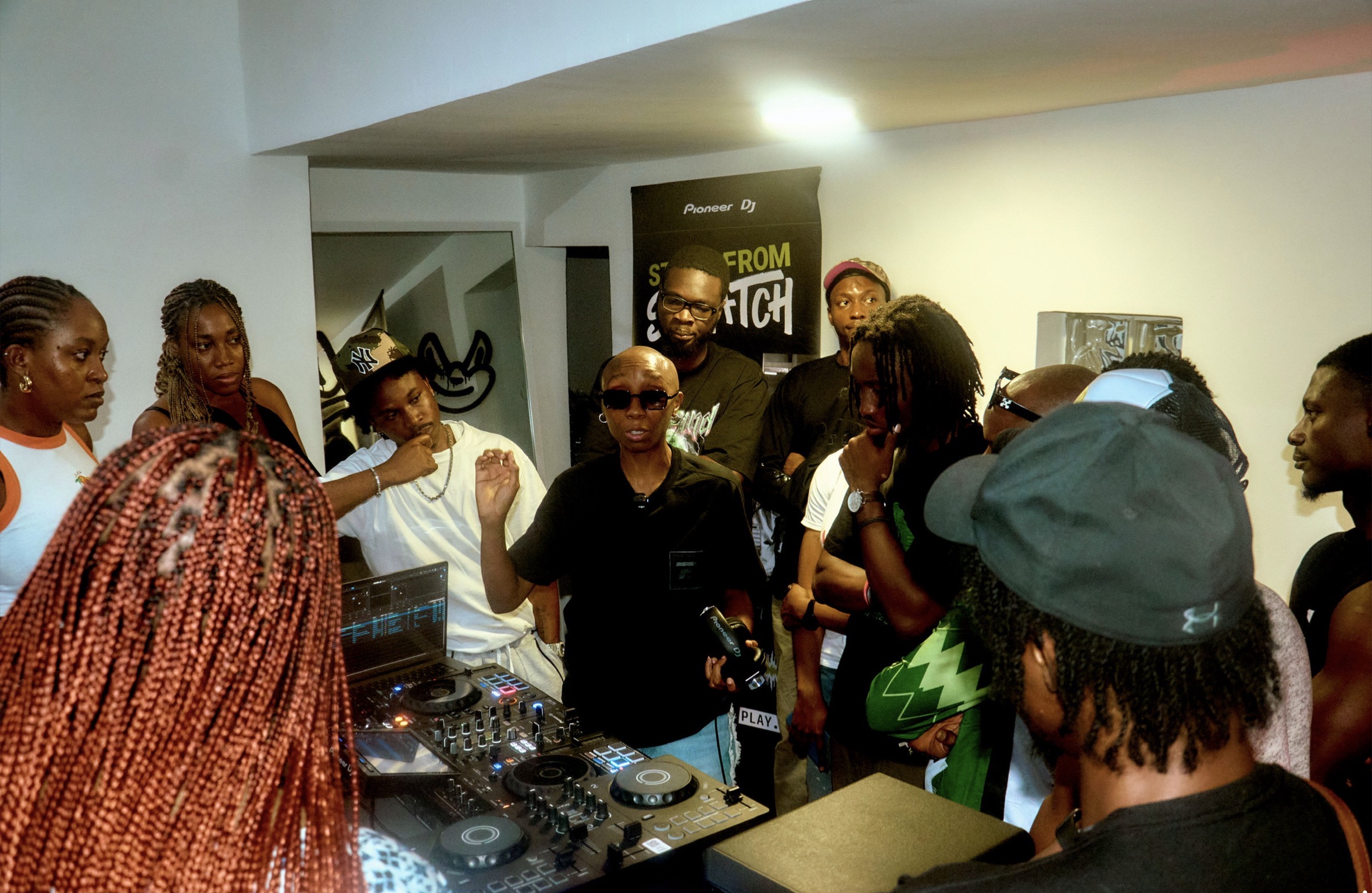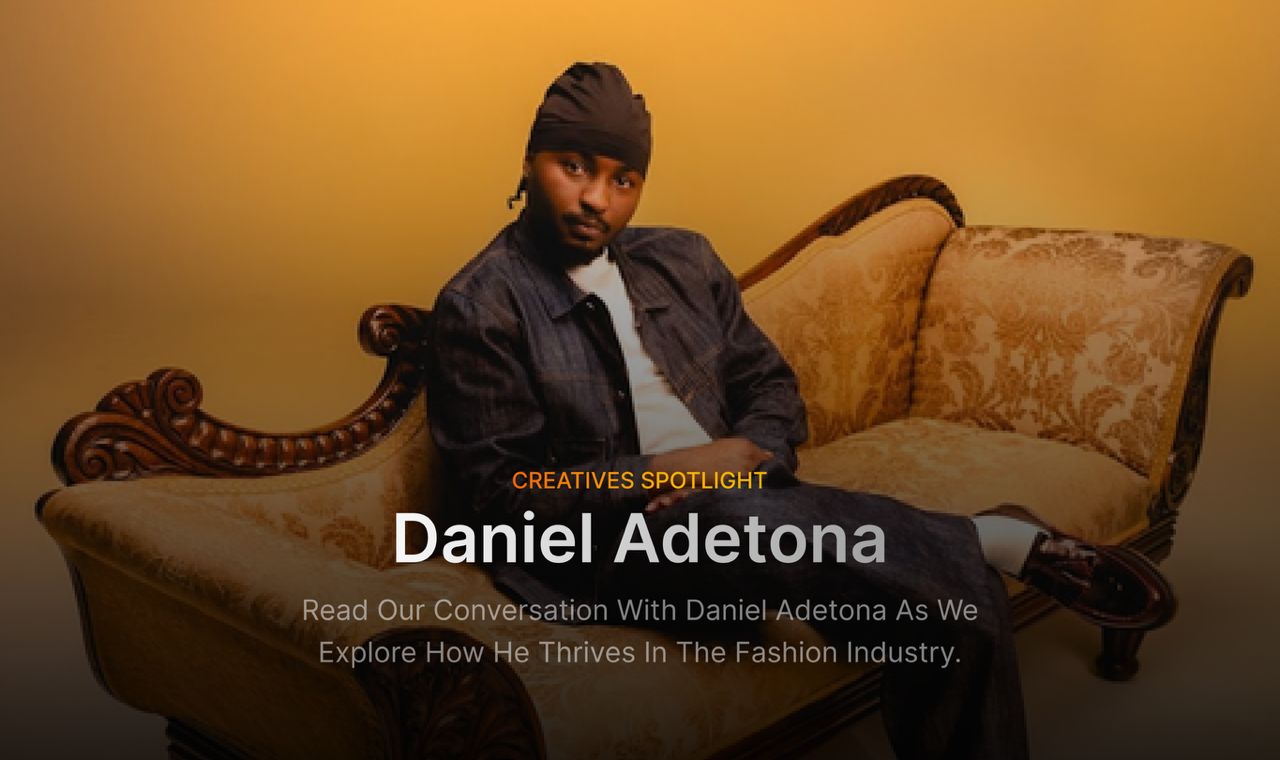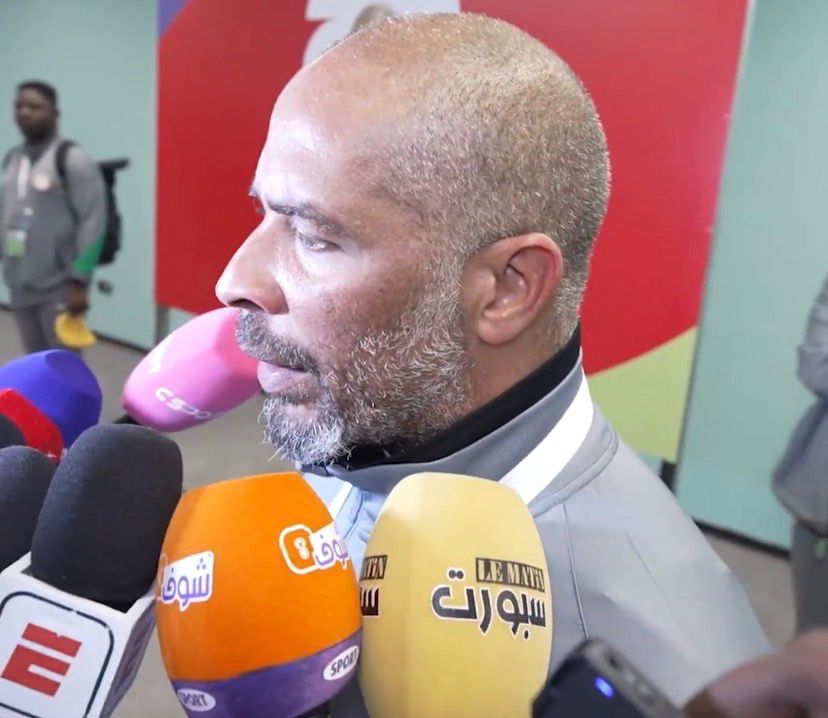By Abioye Damilare Samson
In the lead-up to his fifth studio album 5IVE, Davido orchestrated one of the most finely tuned rollouts the Nigerian music scene has witnessed in recent years. Among a string of well-calculated appearances and cross-platform teasers, one moment stood out: his unexpected cameo on Cruel Santino’s Subaru World livestream on Twitch. He leveraged the growing wave to tap into an entirely new way of connecting with an audience that is increasingly craving unscripted and real-time engagement. This surprise appearance was more than a promotional gimmick—it signalled a growing synergy between Twitch and the Nigerian music industry, redefining how stars engage their fans.
santi talks to davido about his producing era giving him his flowers for producing hits like dami duro, back when and over seas pic.twitter.com/IaG06vbrEY
— SUBARU WORLD (@subaruwworld) March 27, 2025
Davido’s appearance on Twitch wasn’t a one-off moment. It’s part of a broader shift in how Nigerian artists are reimagining digital presence. Twitch, with its architecture built on interactivity and real-time connection, is emerging as a frontier, and perhaps the next dominant stage for Nigerian music marketing.
Unlike TikTok, Twitch wasn’t always in the conversation. Founded in 2011 as a live-streaming site for gamers, the platform began as a niche corner of the internet. But over the past few years, it has exploded into a sprawling digital ecosystem, becoming the home of everything from live music sessions to talk shows and coding tutorial streams. What sets Twitch apart is its capacity for immediate feedback: fans consume content and become part of the performance.
For Nigerian artists, Twitch presents a unique blend of advantages. First, it allows them to bypass traditional gatekeepers. There’s no need for media rounds or waiting for a radio slot. A Twitch stream can go live in seconds and reach fans across continents. Second, the platform encourages a type of content that feels organic. Whether an artist is previewing unreleased songs, casually conversing with fans, or documenting the production process, Twitch thrives on authenticity. Third, and crucially, Twitch offers real monetisation pathways: subscriptions, donations, brand partnerships, and more, an appealing proposition in an industry where streaming revenue is often slow and fragmented.
The platform’s growing influence became even clearer in early 2025. Following his electrifying concert in Houston, Rema joined a Twitch stream hosted by Rynenzo, where he debriefed the night’s performance, laughed with fans, and hinted at new music. Around the same time, Shank Comics—one of Nigeria’s most notable online creators—has been leveraging his Twitch streams to spotlight music as well. He’s hosted Blaqbonez, teased unreleased songs, and blurred the lines between skit-making and streaming.
Then there’s Peller, the TikTok creator widely regarded as the biggest streamer in Africa. Known for his viral moments and massive pull on live sessions, Peller has hosted Davido, Tiwa Savage, and Olamide on his streams, racking up numbers in the hundreds of thousands. His recent pivot to Twitch signals a wider migration. It suggests that creators and artists are beginning to see Twitch as the natural next step in how Nigerian music intersects with digital fandom.
The momentum behind Nigerian streamers is also beginning to earn global recognition. In May 2025, both Shank Comics and Rynenzo were accepted into Streamer University, a content creation initiative launched by Twitch megastar Kai Cenat. With over 17 million followers, Kai is one of the most influential figures on the platform, often mentioned alongside iShowSpeed.
Their inclusion in his streamer school signals global validation and also hints at a new era of cross-border mentorship and collaboration. And as Nigerian creators enter these high-profile global spaces, they’re embedding local culture in the architecture of global internet entertainment.
Shank just got admitted into Kai cenat streaming university. The first international streamer to be accepted… WWW Nigeria 🇳🇬 pic.twitter.com/YNZ1tJz8tY
— XXLBM ☝️ (@bidsman) May 17, 2025
The Shift from Traditional to Digital Promotion
This pivot to Twitch is part of a broader transformation in music promotion. The old trinity of radio, TV, and physical gigs—while still relevant—no longer wields exclusive power. Digital platforms like YouTube, TikTok, Instagram, and Audiomack have already restructured how artists reach listeners. But even these platforms, while powerful, often rely on pre-recorded content. Twitch, by contrast, allows artists to control the narrative in real time, laugh with fans, address rumours, test ideas, and build emotional equity all on their terms.
This kind of interaction is especially potent in Nigeria, where fans often feel distant from the artists they admire. Twitch bridges that gap. It’s not uncommon to find artists reading comments mid-stream, responding to questions, or even adjusting their performances based on real-time feedback. These moments, unfiltered and spontaneous, create a sense of shared space that traditional platforms simply cannot replicate.
The Future of Twitch and the Nigerian Music Industry
Looking ahead, Twitch’s role in the Nigerian music industry appears poised for remarkable expansion, driven by the accelerating pace of digital engagement and the ever-growing appetite for interactive experiences. As the music ecosystem continues to evolve, Twitch is shaping up to be a critical infrastructure for how Nigerian artists connect, create, and release music in real-time.
In the coming years, Twitch could reshape the idea of what an album release looks like. Artists may choose to debut new projects via exclusive live-streamed sessions, inviting fans into their private spaces to experience the music first-hand, track by track, with raw commentary and stories behind the songs. The conventional “drop-at-midnight” tactic might give way to immersive, performative launches where music is revealed, explained, and celebrated in a single, intimate moment with a global audience watching.
Collaboration, too, could take on new dimensions. Rather than recording behind closed doors and teasing the result months later, artists could co-create live on Twitch. We could witness a rapper in Lagos and a producer in London bouncing ideas off each other while thousands of fans watch and contribute, offering feedback at the moment. This type of spontaneous, crowd-aware collaboration could redefine how Nigerian music fuses with global sounds and how quickly those sounds are shared.
Virtual concerts, which surged during the pandemic but have since plateaued, could be reinvigorated by Twitch’s infrastructure. Unlike one-off Instagram Lives or YouTube streams, Twitch provides a space where artists can build communities over time, engage returning audiences, and monetise performances more effectively through subscriptions, tips, and partnerships. Nigerian artists can translate that charisma into visually rich virtual sets with interactive overlays, digital merchandise, and chat-fueled encores. As internet infrastructure improves across Africa, the barrier to these experiences will only continue to drop.
In the next decade, Twitch could become a central space for Nigerian music culture as a tool for visibility and a venue for experimentation, fandom, and economic sustainability. The internet’s stage is expanding, and with platforms like Twitch, it’s becoming more collaborative, more personal, and more local than ever before.





